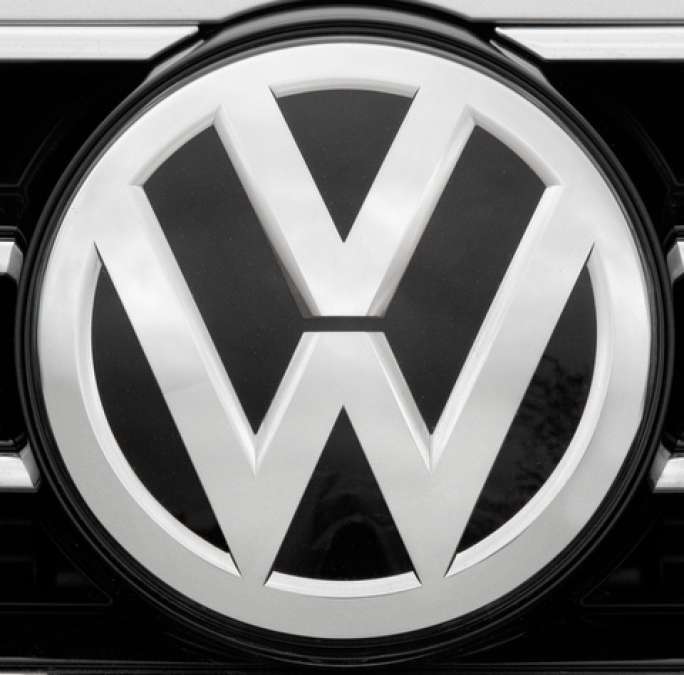Most ticketed cars are usually in “No Parking” areas, such as loading zones or near hydrants, but, who has ever heard of a vehicle tagged for parking in a disused football stadium?
VW Victim Of Parking Tags
That’s what has happened to Volkswagen. The vehicles involved are part of the Dieselgate buyback program. Under the program, VW may have to repurchase as many as 475,000 2.0-liter turbodiesels. Once repurchased, the vehicles have to be taken off the road and either fixed when a repair is found or recycled. One of the major eastern storage areas is the once-proud Pontiac Superdome in Pontiac, Mich. The former home of the Detroit Lions, the Superdome has seen many events including truck and other vehicle shows.
The problem with the storage program said Automotive News recently, is the thousands of VW turbodiesels in the north and west parking lots of the former NFL stadium. They may not have the proper permits. The city of Pontiac has filed suit against the stadium’s owner, the Triple Investment Group, for violating building and safety codes, zoning and the municipal laws “in part for the storage of used cars on the lot,” the trade paper noted.
One of the zoning ordinance violations is because they don’t have the proper permits to park or store vehicles outside a building. Each car is labeled “this vehicle not for sale.”
Volkswagen’s service provider has assured the automaker that all of the necessary vehicle storage permits are up to date, said a Volkswagen spokeswoman.
Several National Storage Sites
Volkswagen is storing repurchased vehicles at several sites across the country. The Superdome is one of them. The vehicles are part of a wide-ranging settlement negotiated after the automaker had admitted it had scammed regulators and the public about emissions. Vehicles that have been affected by the emissions scam use rigged emissions control systems that indicate cars pass emissions tests when, in fact, they do not. A software routine handles the fraud. The use 2.0-liter four-cylinder turbodiesel powerplants.
The automaker plans to hold onto the cars “until it is determined whether an approved emissions modification becomes effective. If approved, the settlement allows Volkswagen to modify affected 2.0-liter TDI vehicles so they can be returned to commerce or exported.”
Source: Automotive News





